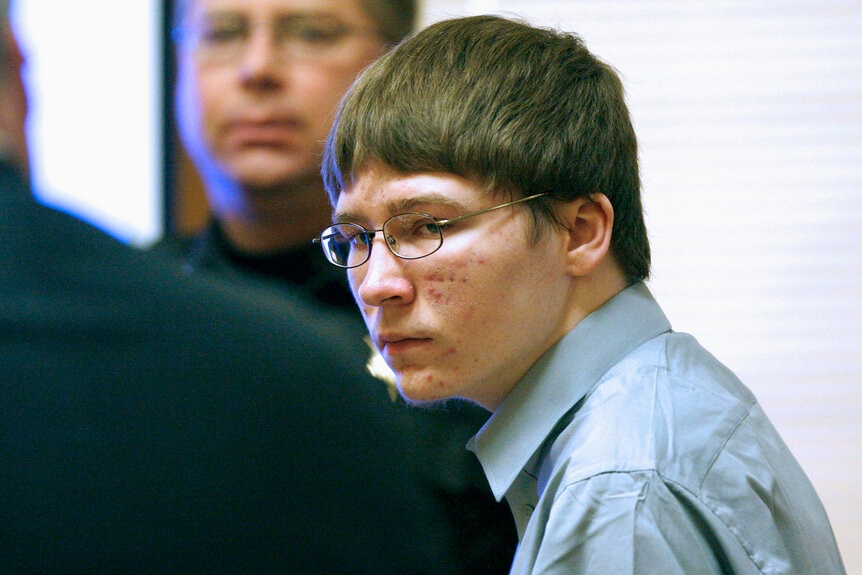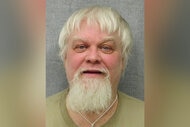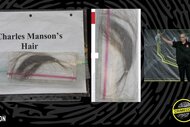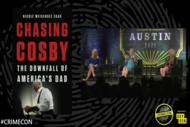Create a free profile to get unlimited access to exclusive videos, breaking news, sweepstakes, and more!
What's Happening In The Brendan Dassey Case? Lawyer Still Hopeful Despite Failed Appeals
Brendan Dassey's controversial murder conviction was famously featured in the docu-series "Making A Murderer."
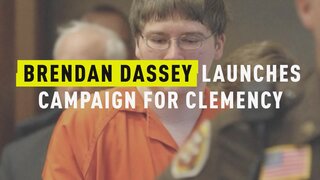
On Feb. 27, 2006, Brendan Dassey's life was changed forever.
The 16-year-old boy, who has intellectual impairments, was called out of school to be questioned by law enforcement. His uncle Steven Avery had recently been arrested for the 2005 murder of Teresa Halbach. Detectives from the Manitowoc Sheriff's Department interrogated Dassey four times over the next 48 hours with no lawyer or parents present until Dassey finally confessed to helping his uncle rape and murder Halbach. Dassey was subsequently convicted and sentenced to life in prison.
Video footage of Dassey's interrogation was included in the hit Netflix docuseries "Making A Murderer," which questions the convictions of Dassey and Avery. The interrogation footage in particular inflamed audiences, as many believed the young teen was pressured into making a confession. That's certainly what Laura Nirider, his lawyer, thinks, as she made clear during her panel "Un-making a Murderer: A Conversation with Brendan Dassey’s Lawyer Laura Nirider" at CrimeCon 2021, presented by Oxygen.
Nirider, who is a clinical professor of law at Northwestern University and the co-director of The Center on Wrongful Convictions of Youth, walked attendees through the case and described why she believed the system failed Dassey. She also gave an update on her team's attempts to free Dassey, noting that they briefly secured the overturning of Dassey's conviction in 2016 before a federal appeals court reinstated it the following year. They subsequently requested a pardon from Wisconsin Gov. Tony Evers, which was denied in December 2019.
The governor denied his clemency petition without even reading it, Nirider said. At the time, Evers' office said that Dassey didn't meet the criteria for a pardon because he hadn't completed his prison sentence and has to register as a sex offender, The Associated Press reported at the time.
Nirider remains committed to helping Dassey get released from prison, though, and said there are multiple options left for him. It's possible they can file for post-conviction relief based on newly discovered evidence and have a team working to investigate the case and uncover new findings. They can also file for clemency from the governor again. Nirider emphasized that if they gain enough support from a diverse coalition, it'll help make their case stronger and the governor more apt to listen.
And even though Dassey has yet to be freed, his story has already had ramifications on the legal system. In May 2021, Illinois lawmakers passed a bill that bars police from lying to children during questioning in an effort to prevent false confessions, The New York Times reported. Illinois is the first state to put forth such a law. The bill, which had bipartisan support, was partially inspired by Dassey's conviction, Nirider said.
If people want to help Dassey, Nirider told the crowd at CrimeCon, there are some things they can do: get educated on the legal system; write him a letter of support to keep his spirits high; and make sure his story keeps getting told.
"We are still fighting for Brendan Dassey every day. We've exonerated more than 40 people -- sometimes it takes one year, sometimes 10, sometimes 15," she said. "We won't stop this fight until Brendan Dassey comes home."
